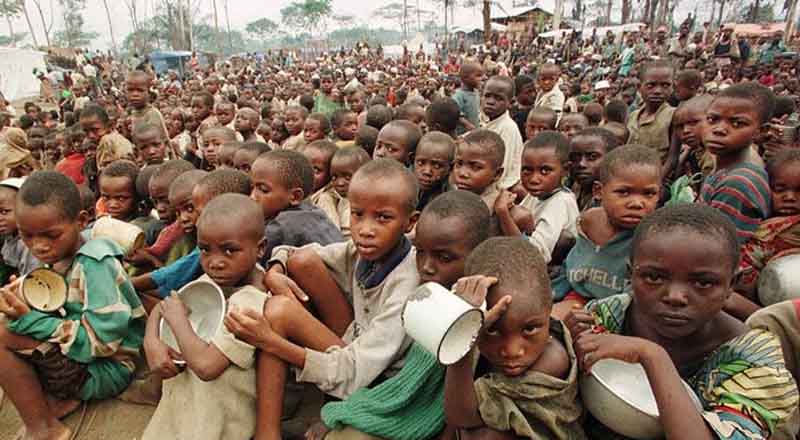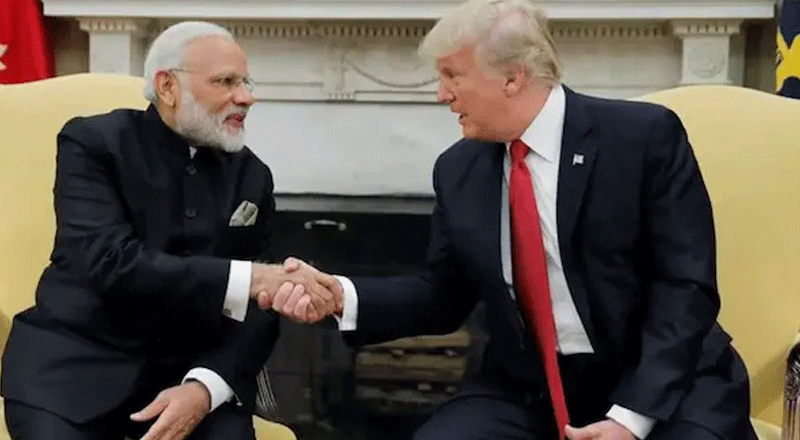The UN’s food body has warned that protectionist measures by national governments during the coronavirus crisis could provoke food shortages around the world.
Though the harvests have been good and the outlook for staple crops is promising, but a shortage of field workers brought on by the virus crisis and a move towards protectionism tariffs and export bans – mean problems could quickly appear in the coming weeks, Maximo Torero, chief economist of the UN Food and Agriculture Organisation, told press.
“The worst that can happen is that governments restrict the flow of food. All measures against free trade will be counterproductive. Now is not the time for restrictions or putting in place trade barriers. Now is the time to protect the flow of food around the world,” he said.
Governments must resist calls from some quarters to protect their own food supply by restricting exports, he said, as some have begun to do.
“Trade barriers will create extreme volatility,” warned Torero. “They will make the situation worse. That’s what we observe in food crises,” he said further.
“We need to be careful not to break the food value chain and the logistics or we will be looking at problems with fresh vegetables and fruits soon,” said Torero. “Fruit and vegetables are also very labour intensive, if the labour force is threatened because people can’t move then you have a problem.”
As governments impose lockdowns in countries across the world, recruiting seasonal workers will become impossible unless measures are taken to ensure vital workers can still move around, while preventing the virus from spreading.
“Coronavirus is affecting the labour force and the logistical problems are becoming very important,” said Torero. “We need to have policies in place so the labour force can keep doing their job. Protect people too, but we need the labour force. Major countries have yet to implement these sorts of policies to ensure that food can keep moving.”
Countries such as the UK, with a sinking currency and high level of imports, are also likely to see food price rises unless the government takes action or retailers absorb some of the costs, he said.
The most important role governments can play is to keep the food supply chain operating, intervene to ensure there are enough workers, and keep the global food markets from panicking, according to Torero.
“Empty shelves in supermarkets should not be much of a concern,” he said. “It is not a supply problem – it is a logistics problem. There is enough supply for all, as long as everyone stays calm and stops hoarding. We may tend to waste food if we hoard more than required, and hoarding would also artificially increase food prices because of the pressure on the supply chain.”
He called for borders between the UK and other countries to remain open for imports and exports, and for farm workers to be supplied with protective equipment to enable them to carry on with their jobs safely amid the coronavirus lockdown. “The food sector comes under the critical infrastructure sector, along with healthcare and emergency services,” he said.
“If traders start to become nervous, conditions will get difficult,” he said. “It just needs one big trader to make a decision [to disrupt the supply of staple crops] and that will affect everywhere. Governments must properly regulate, that is their biggest function in this situation. It’s very important to keep alive the food value chain: intervene to protect the value chain [including the supply of workers] but not to distort the market.
Individuals can also play an important role, by avoiding panic buying and hoarding of food, and cutting down on food waste. Buying too much fresh farm produce that then goes off before it can be eaten will just exacerbate food supply problems. Individuals should only buy what they need to avoid food waste,” he concluded.





